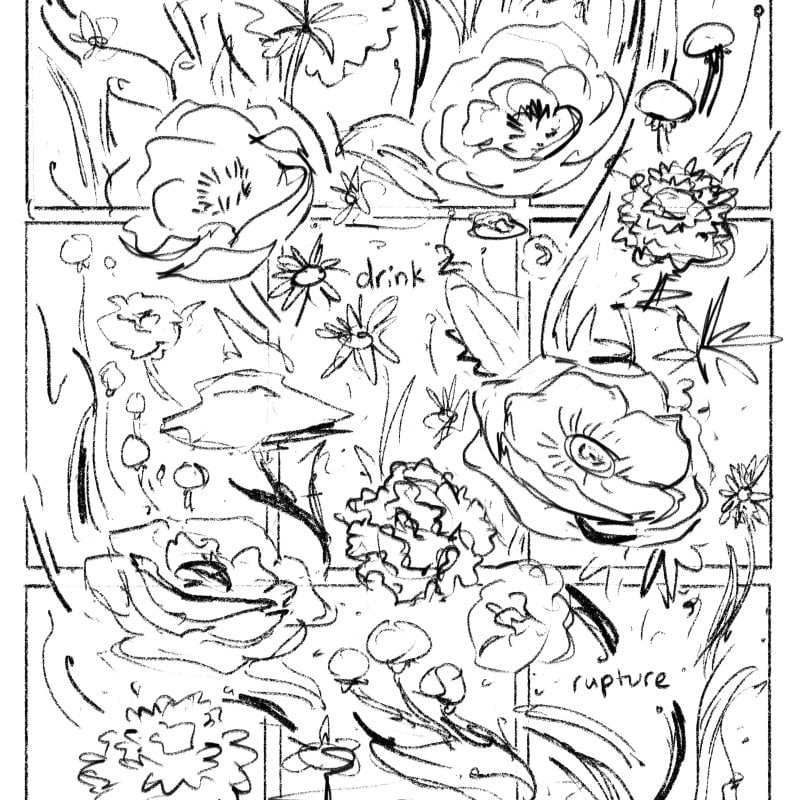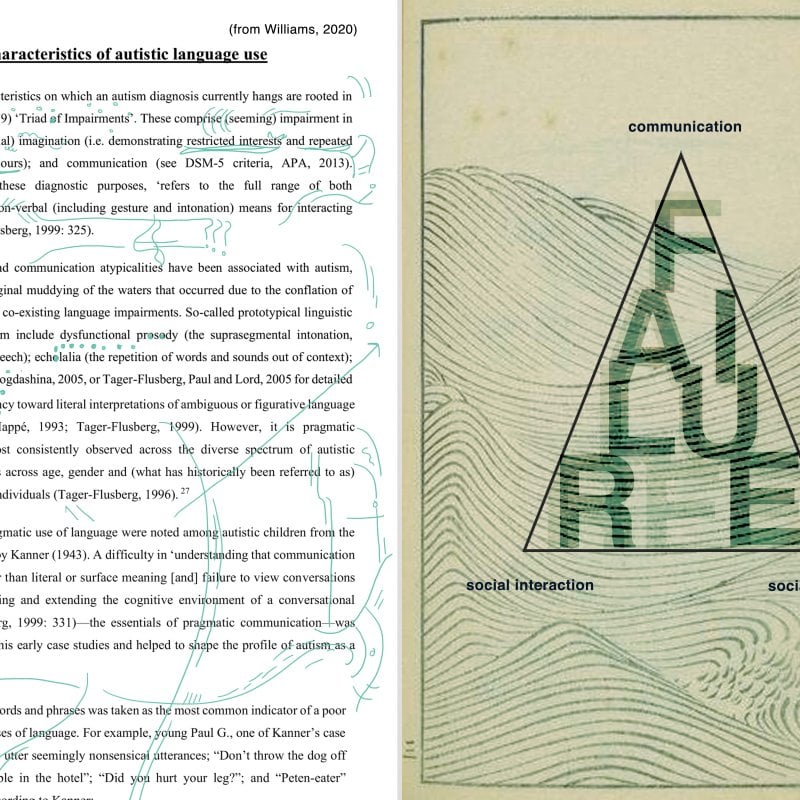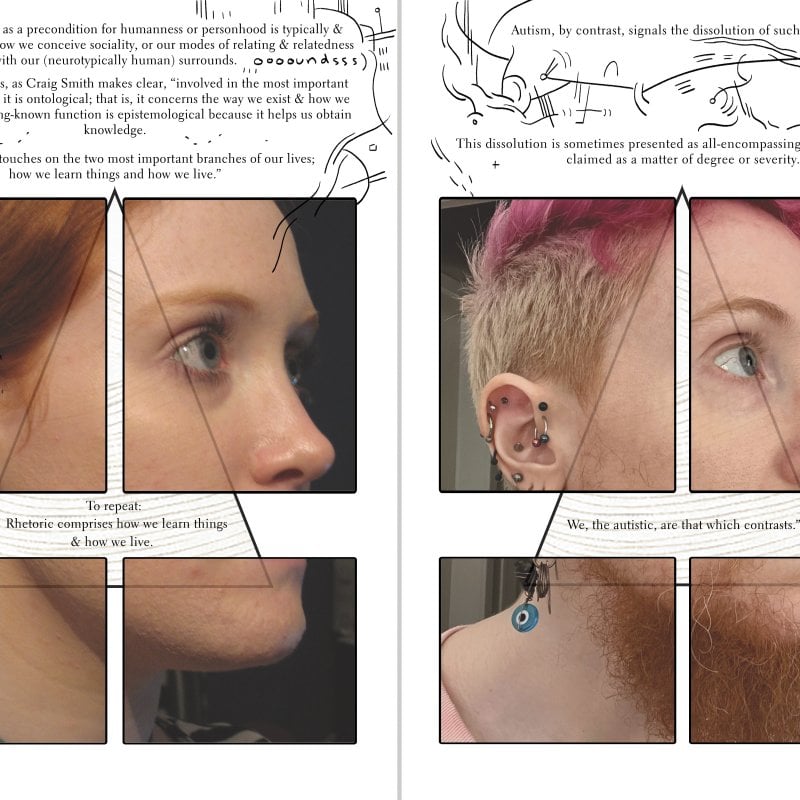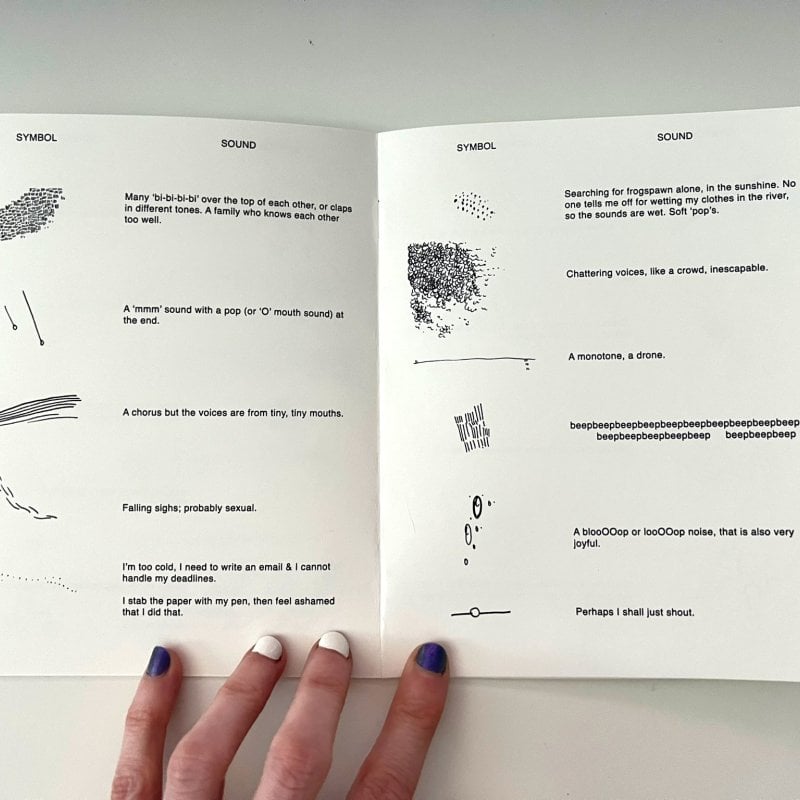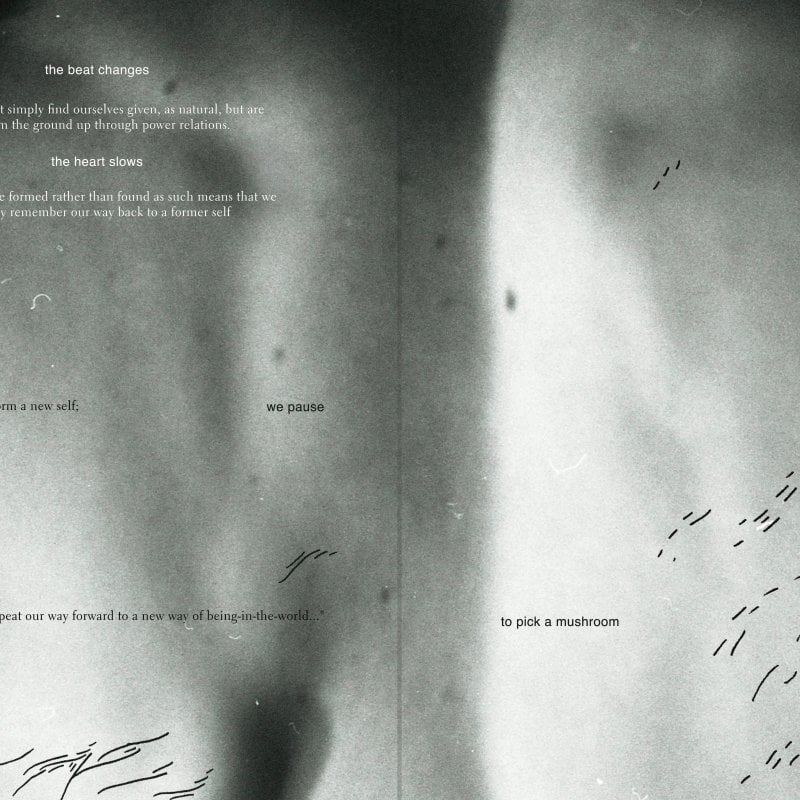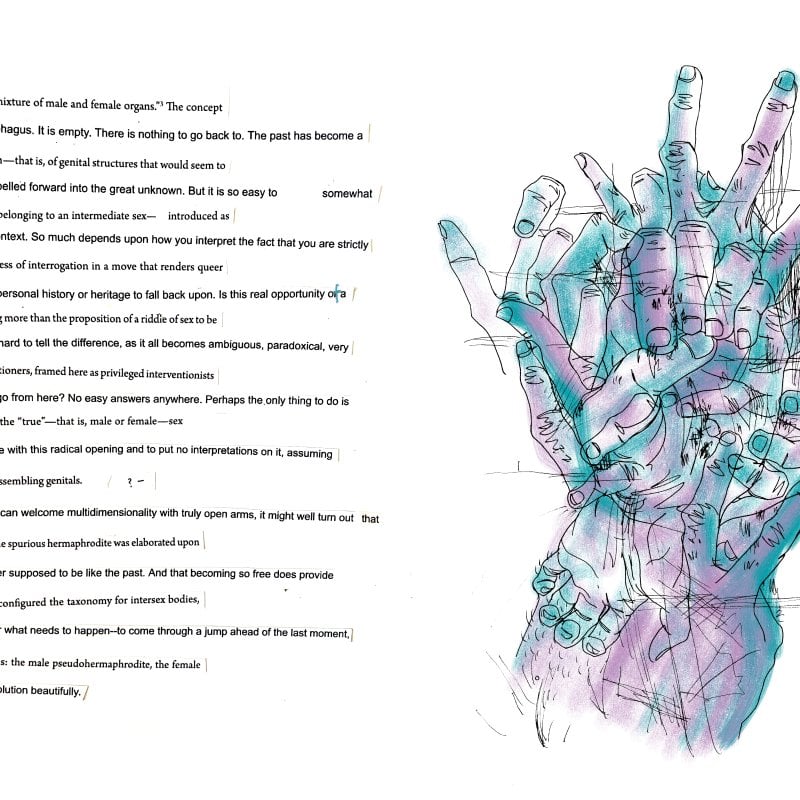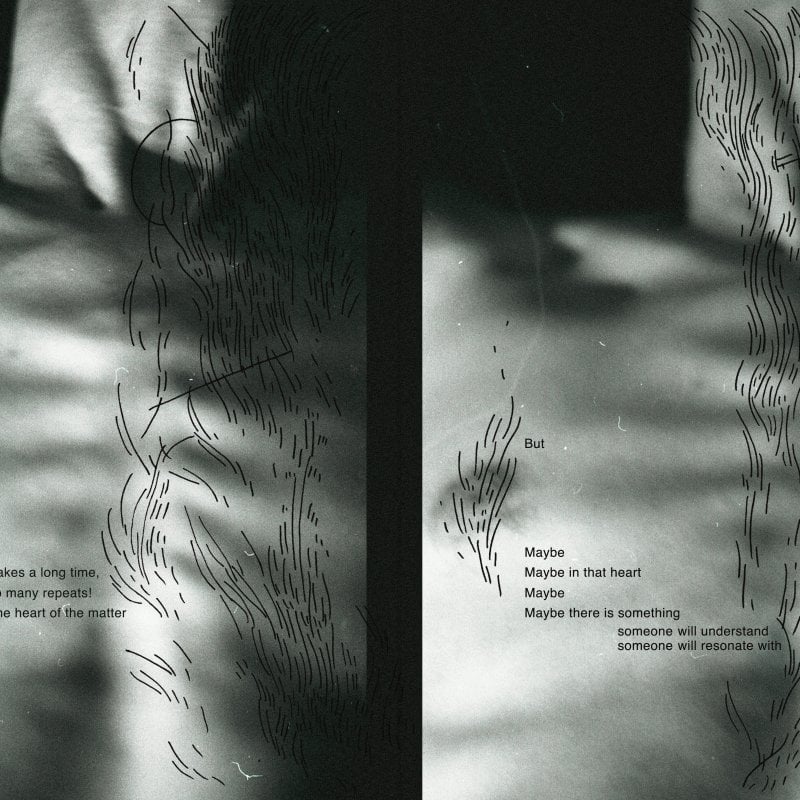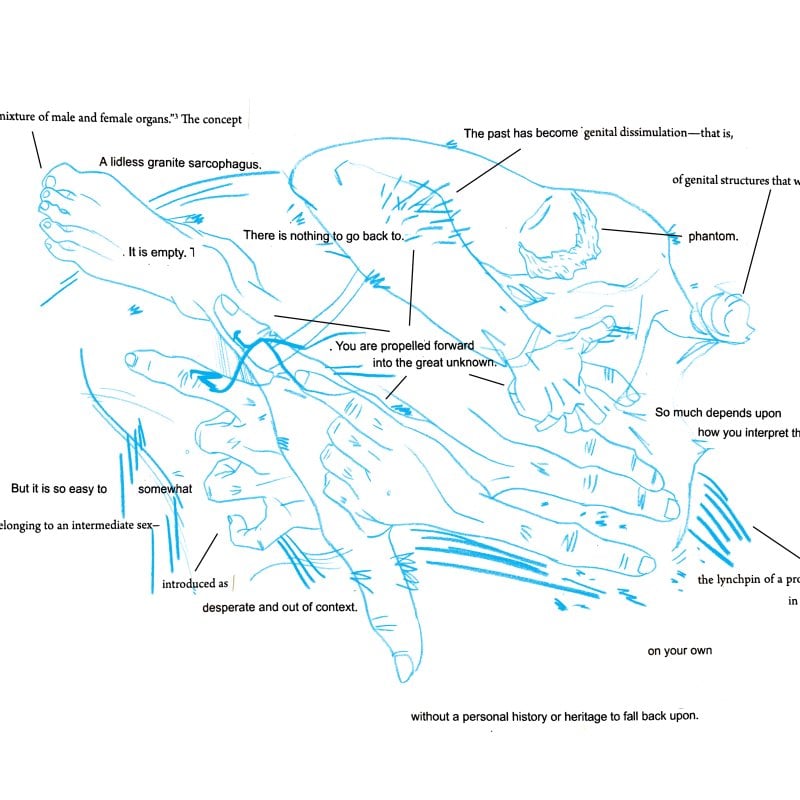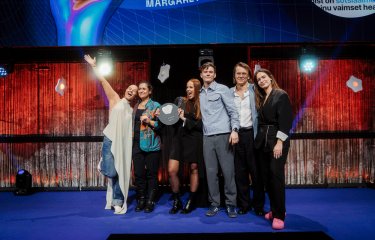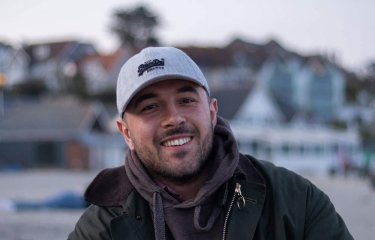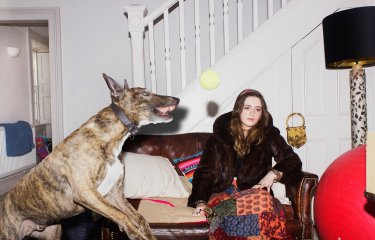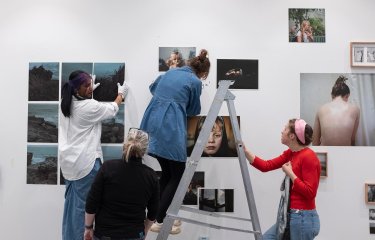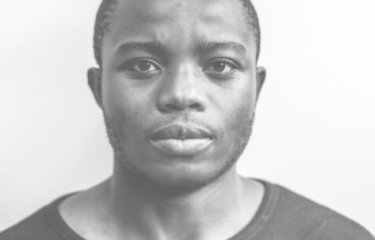Graduate Spotlight: author-illustrator Dante Gabriel Hookey
17 July 2024
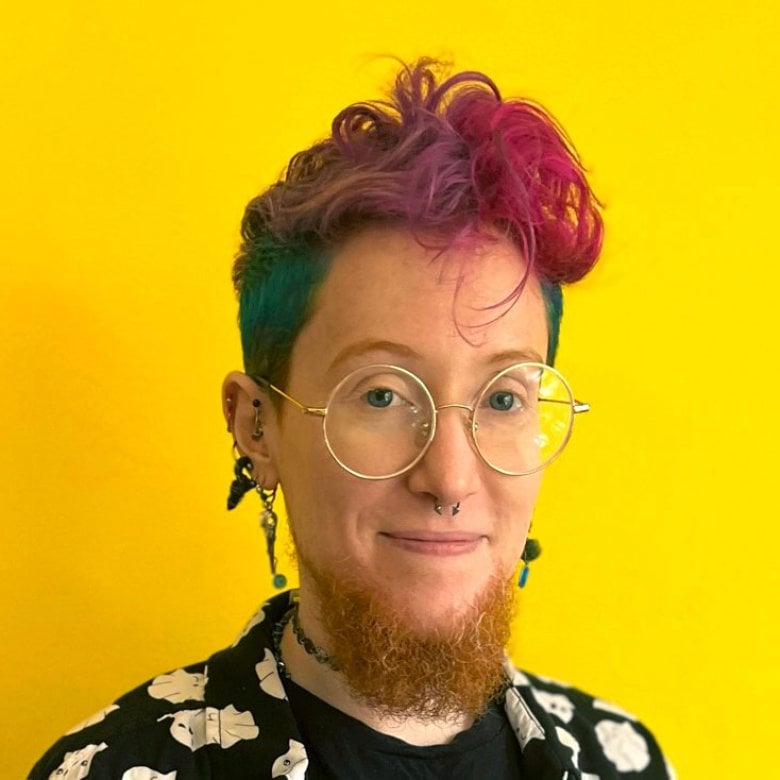
For Dante Gabriel Hookey there is nothing more rewarding than a personal project. Channeling their experiences as an intersex, queer, nonbinary and neurodivergent practitioner, they have lent their creative voice to inspiring projects for a wide range of clients including the BBC, Lush and HarperCollins.
Inspired by the ‘resilience-brilliance’ of Autistic, trans and LGBT+ people, Dante Gabriel studied their undergraduate Illustration degree at Falmouth, and recently completed their online master’s degree in Illustration with us from their home in Houston, Texas.
We chatted to Dante Gabriel about their career highlights, their time as part of Falmouth’s creative community, and their love of illustration as a vehicle for exploring human communication.
When did you first realise you were creative?
Honestly, I don’t think I’ve ever ‘realised’, although occasionally I meet people who don’t make things and maybe that chance to see myself from the outside counts as ‘realising’! But I just make stuff and always have. I grew into self-consciousness about what I was making after I’d dedicated myself to making things, thankfully, so giving it up was never really an option.
I had an uncomfortable upbringing and stopped going to school after a breakdown at age twelve. It may be an unusual thing to count as ‘lucky’, but I was alone for most of my teen years – aside from the odd teacher who tried to support me – so for years I just sat alone and made art out of whatever I could get my hands on. When I went back to school it was only because I wanted to study art, and I’ve followed that trajectory ever since. Art was the only thing that ever made sense in my life.
What do you love most about illustration?
Being able to explore how I ‘speak’ in and through visual art is what I love most about illustration. I think part of my Autism means I’m fascinated with communication; how people do and don’t manage to communicate what they want to communicate to others. A constant tension for me when making work is whether people are picking up what I’m putting down, whether I even want them to, and how I can control that.
My Final Major Project for my master’s in Illustration focused on Autistic communication, and for my final piece I ended up making a book that communicated in a way that was probably alienating for most people. Shortly after, I received an email for a job illustrating a funny and magical short story for a major kids’ magazine, so I needed to switch to communicating in a way that would be understood by a large number of very specific people: kids and their caregivers.
So, the tension between knowing and not-knowing how hard a reader must work to understand what a piece is saying, having some themes being immediately obvious and some being a little more of a mystery to solve – it’s all very exciting for me.
You completed your undergraduate degree at Falmouth – what made you choose to return to Falmouth as an online master’s student?
It was really the only way I was going to fit postgraduate study in. I moved to the US and studying here is prohibitively expensive, and I would have needed to move to a new state if I wanted to study illustration. Falmouth helped make my decision for me too; my bachelors was hard as s**t but incredibly useful, so I felt like I could trust the University to give me something similar for my master’s!
What was the most valuable thing you gained from studying illustration to master’s level?
A deeper sense of myself as an artist. Previously my work had been passable - it’s totally possible to be passable! But what I hadn’t been was myself; I hadn’t had that powerful sense of what I am interested in, what I want to say and how I want to say it. It took the whole course to get there fully - it was during my Final Major Project that everything really ‘clicked’. I now feel like I have a modicum of direction that follows something other than an outside definition of ‘success’, and for me, that feels better than any commercial success ever would.
What was the most surprising thing about being a part of Falmouth’s online community of illustrators?
I think how well the community aspect worked, despite being online. We did coworking in online ‘studios’, we formed smaller groups to share critiques more regularly, we met up IRL... we made friends. I expected to feel like I was working alone in my studio thousands of miles from everyone. Instead, I’ve come out of it with good friends to continue on this illustrators’ journey with – lovely!
Last year you illustrated a series of fantasy books about neurodivergent children published by HarperCollins. What did this experience mean to you?
The experience meant experience, really, which is not to be understated! It was lovely to be brought on by a major publisher dedicated to telling neurodivergent stories by neurodivergent people. I wanted the characters to read as neurodivergent in their body language because I really want neurodivergent kids to be able to see themselves in books. People say it all the time, but I didn’t get to see positive, realistic (not based on stereotypes!) representations of Autism or ADHD when I was a kid, so it matters to me to be part of a change there. I want neurodivergent kids to see neurodivergent adults, too, so I hope they can see me and Michelle (the author of the series), both neurodivergent and both making cool stuff!
I’d never illustrated for a large publisher, so getting to know how they operate was invaluable – there’s so much to learn besides the drawing part of the job! I’ve never worked on a series that long, either, and working with the same characters through varied settings and emotions was both super fun and really helped to level up my drawing skill. I like working within constraints, so I found the very prescriptive briefs an exciting challenge, and I learnt to draw faster, and to let go of noodling on a piece for far too long. Ultimately it was invaluable, and super fun, and I hope I get to work on something similar again soon.
What does the future hold for you and your work?
Lots more research, lots more poetry, and lots more graphic literature. I’m currently working on a graphic novel like the book I made for my Final Major Project but focusing on my being intersex. I think the graphic literature format is perfect to hold something so personal and so ‘big’, and I’m hopeful it’ll find a publisher. I’m excited to work solidly on it for the next six months, either way.
It’s a bit of a dry-run project for my PhD proposal, too, which I’m planning on having ready by the end of next year. I usually try to work on smaller things to break up big projects like those, so I’m also working on some kids' illustration jobs and finishing a short comic about a detective and a dragon. Sometimes it’s nice to draw beautiful things without having to read peer-reviewed papers on them beforehand!
